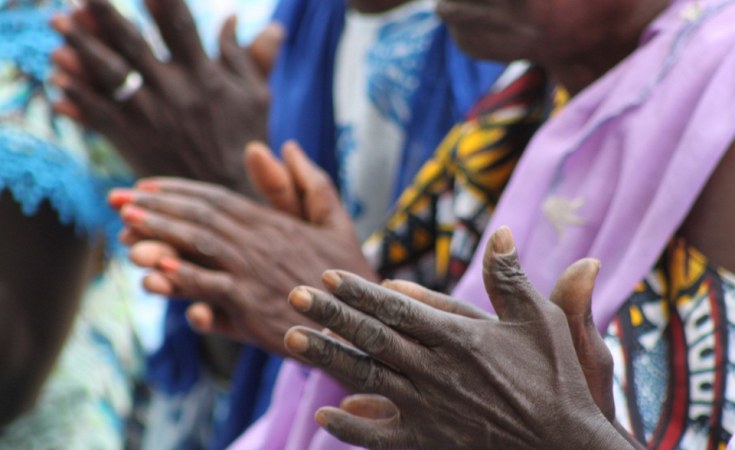Nairobi, Kenya — Getting humanitarian supplies to millions of Sudanese affected by the country's more than 10 months of conflict is getting expensive and risky because of attacks on Red Sea shipping by Houthi rebels based in Yemen.
The International Rescue Committee said this week that its logistics partner would now bypass the Red Sea route and deliver supplies through Jebel Ali port in the United Arab Emirates on the eastern side of the Arabian Peninsula. It said the new route would raise transportation costs by more than 40 percent.
Sally Anyanga, who works with the IRC, said the new route will also increase the shipping time for supplies, from approximately two weeks to more than a month.
"The alternative routes involve longer transportation distances, leading to increased transit times and causing delays in delivering critical aid to those in need, making our operation very challenging and also expensive at the same time," Anyanga said. "We're not able to get pharmaceuticals on time that are used by our health team."
According to aid agencies, more than 25 million people in Sudan need humanitarian support in the wake of the war between Sudan's armed forces and paramilitary Rapid Support Forces that broke out in April 2023.
For security reasons, most aid agencies have moved their operations to Port Sudan, where they are able to receive and supply aid to the needy.
Anyanga said it is critical that humanitarian aid be allowed to enter Sudan through all available routes.
"But ultimately, what the people of Sudan need most is peace, lasting peace, because for the last several months we have seen that civilians have been a target," she said. "More than 13,000 have been killed. We've also seen aid workers being a target. And so we need to make an end to all this and to ensure that aid reaches the people in need on time."
Humanitarian agencies, experts and some government officials in eastern Africa have expressed concern about the Houthi attacks on ships, saying the attacks affect the security and economic situation of the countries that rely on that route to receive goods.
U.S. and British forces have targeted Houthi positions to try to deter attacks, but the group continues to launch rockets and raids on ships, hampering the free flow of goods and services.
Edgar Githua, a lecturer at the U.S. International University-Africa who specializes in international relations, peace and conflict, told VOA a global effort is needed to stop Houthi attacks before they make the situation worse for many countries.
"The international community needs to deal with the Houthi rebels, who have now turned to blatant piracy in the name of supporting [Hamas in] the Israel-Palestinian conflict," Githua said. "But now they are hijacking ships and creating a logistical nightmare. So, I think there needs to be a huge response, because it will not only affect the humanitarian crisis, it will affect food prices, it will affect so many things that are attached that rely on the logistical support of that corridor. So the international community needs to just step up."
Late Tuesday, the U.S. military reported shooting down five Houthi drones in the Red Sea. The U.S. Central Command said the drones had presented a threat to merchant and naval vessels in the region.


